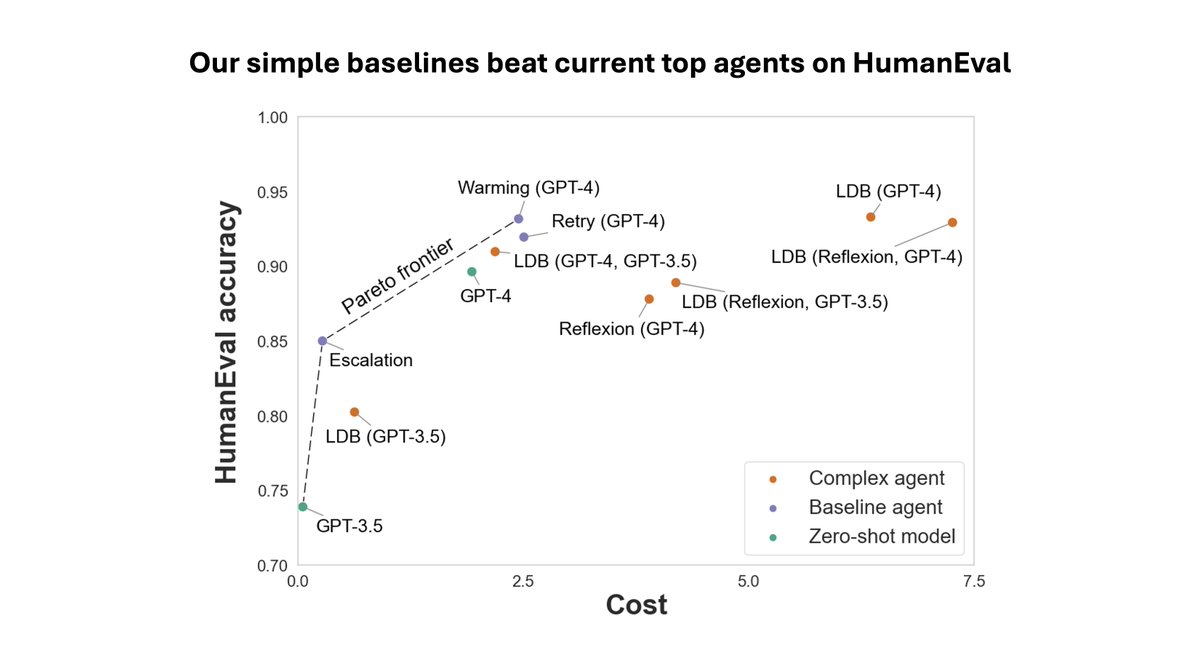An amazing benefit of my privilege is being able to say "I didn't understand that. Could you explain it again?" as many times as necessary without having to worry that people will think I'm stupid.
If you didn't understand something I said, please ask me as many times as necessary. In fact, I'm delighted when this happens. As a professor, knowing when something I explained didn't make sense is extremely valuable feedback that helps me do better.
I'm a tenured computer science professor who looks like what many people expect a tenured computer science professor to look like. The follow up I get after someone asks "So what do you do?" is nearly always "Oh, you must be really smart."
https://twitter.com/RutiRegan/status/1298666938386784256
These should go without saying, but:
– I didn't do anything special to deserve this privilege.
– Everyone should have this privilege. I will do my part toward that.
– You don't need anything special to be a CS professor. You do need a lot of preparation—like any other profession.
– I didn't do anything special to deserve this privilege.
– Everyone should have this privilege. I will do my part toward that.
– You don't need anything special to be a CS professor. You do need a lot of preparation—like any other profession.
• • •
Missing some Tweet in this thread? You can try to
force a refresh










